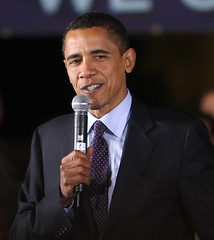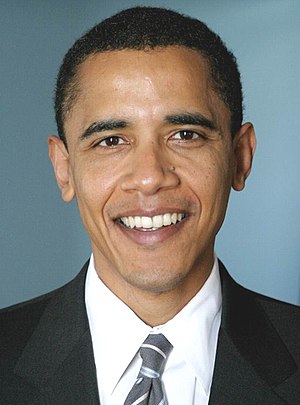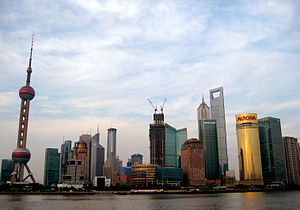2020 emission targets "a lowball bid" - Charlie McElwee
A carbon specific goal that will drive carbon emission measurement capacity building, so far so good; the bad news is the notable margin isn’t nearly notable enough. As stated above, given China’s projected GDP growth rates, the amount of carbon that China will continue to emit into the atmosphere will continue to increase at a mind-boggling rate. Since this proposal doesn’t actually result in any additional reductions of carbon over and above what China is currently doing (although there are no guarantees it would continue with the same energy intensity goals, for instance, post-2010), it is hard to see how this announcement does much for projected atmospheric carbon levels.McElwee's conclusion: When you look at the predicted economic growth China will have doubled its 2005 carbon emissions by 2030.
I think this is a lowball bid, but if there is to be significant improvement in the intensity improvement percentage, China is going to expect the developed countries to pay up. All in all, good concept, disappointing initial proposal, but room for improvement; it certainly doesn’t make a Copenhagen deal any lesslikely.Commercial
Charlie McElwee is a speaker at the China Speakers Bureau. When you want to share his insights at your conference, do get in touch.



![Reblog this post [with Zemanta]](http://img.zemanta.com/reblog_c.png?x-id=3f0bcda0-9898-448a-9971-30f446c43839)


![Reblog this post [with Zemanta]](http://img.zemanta.com/reblog_c.png?x-id=d1a4916d-20c6-4b5a-b133-c978b2836ec9)

![Reblog this post [with Zemanta]](http://img.zemanta.com/reblog_c.png?x-id=b3ed1458-a873-4e6a-9dd6-b703a9193f1e)

![Reblog this post [with Zemanta]](http://img.zemanta.com/reblog_c.png?x-id=195017dd-f189-4a23-875b-c6efd44e6c5c)

![Reblog this post [with Zemanta]](http://img.zemanta.com/reblog_c.png?x-id=d09e17b1-1c9b-446c-ae9f-406a5fa4e0c6)


![Reblog this post [with Zemanta]](http://img.zemanta.com/reblog_c.png?x-id=ee59f1bd-db14-4a92-b7ff-a4b2d5660fc8)


![Reblog this post [with Zemanta]](http://img.zemanta.com/reblog_c.png?x-id=5734faac-4da2-4130-9f41-c092caf8a80d)


![Reblog this post [with Zemanta]](http://img.zemanta.com/reblog_c.png?x-id=182badf0-7303-4555-afbe-4ded4f7e7508)
![Reblog this post [with Zemanta]](http://img.zemanta.com/reblog_c.png?x-id=51959192-f44e-474f-a43b-81eadaa76566)


![Reblog this post [with Zemanta]](http://img.zemanta.com/reblog_c.png?x-id=c7c5e060-b604-48dc-ad53-a6a690263119)
![Reblog this post [with Zemanta]](http://img.zemanta.com/reblog_c.png?x-id=e281ea53-1895-406c-b660-4e6b75711e0b)

![Reblog this post [with Zemanta]](http://img.zemanta.com/reblog_c.png?x-id=099c0c04-0eb4-42a7-a543-cc9f3d5f32fd)

![Reblog this post [with Zemanta]](http://img.zemanta.com/reblog_c.png?x-id=88b09fb6-32c0-4097-99ed-7d6988e2ef24)

![Reblog this post [with Zemanta]](http://img.zemanta.com/reblog_c.png?x-id=6fa38ffa-c29e-4425-9316-c2ecf6aeae9b)

![Reblog this post [with Zemanta]](http://img.zemanta.com/reblog_c.png?x-id=e7a80318-015a-4f71-a624-667e3ab211a4)

![Reblog this post [with Zemanta]](http://img.zemanta.com/reblog_c.png?x-id=9d864423-8028-47fe-8938-5d231d84386f)
![Reblog this post [with Zemanta]](http://img.zemanta.com/reblog_c.png?x-id=a9b9a404-2fb8-408b-a91e-477ce44af247)

![Reblog this post [with Zemanta]](http://img.zemanta.com/reblog_c.png?x-id=67000031-7449-48fa-b27c-3c87a2d61829)

